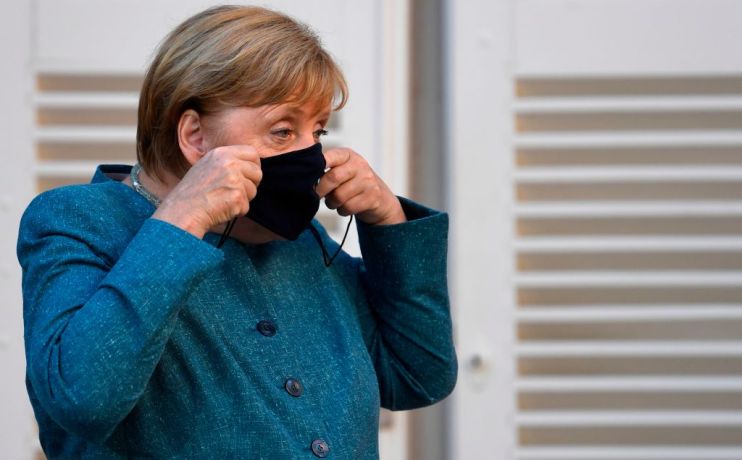Germany extends job-support scheme – contrasting with UK’s approach

Germany has extended its job-support programme that subsidises workers’ wages at coronavirus-hit firms until the end of 2021 in a bid to support its economy.
The move contrasts sharply with the UK’s approach. British chancellor Rishi Sunak has pledged to end the country’s “furlough” scheme in October.
Germany’s scheme, known as “short-time work” or “Kurzarbeit”, allows employees to work shorter hours with the state topping up their wages. This means they can stay on a company’s books.
Kurzarbeit was originally scheduled to expire in March 2021. But German Chancellor Angela Merkel extended it until the end of next year after a meeting in Berlin that ended late last night.
It came as the German government put aside up to €10bn (£11.1bn) to deal with the crisis. That added to the more than €1 trillion it has made available so far.
Finance minister Olaf Scholz, a Social Democrat in the governing coalition, said: “The goal now is to stabilise the economy.”
“The fact that we acted fast and big has resulted in Germany weathering the crisis much better than other [countries],” he told broadcaster ZDF.
The coalition also agreed to extend measures that allow firms to delay filing for insolvency until the end of the year.
The German approach contrasts with that of the UK, where the government is winding down its headline job-retention scheme.
Opposition parties and business groups have called on the Conservatives to give tailored support to the hardest-hit industries.
But the government has said the UK economy needs to adapt to the new normal and cannot be kept on life support.
Germany’s economic performance also contrasts sharply with the UK’s. Its economy shrank by a record 9.7 per cent in the second quarter. But that was far better than the UK’s 20.4 per cent contraction.